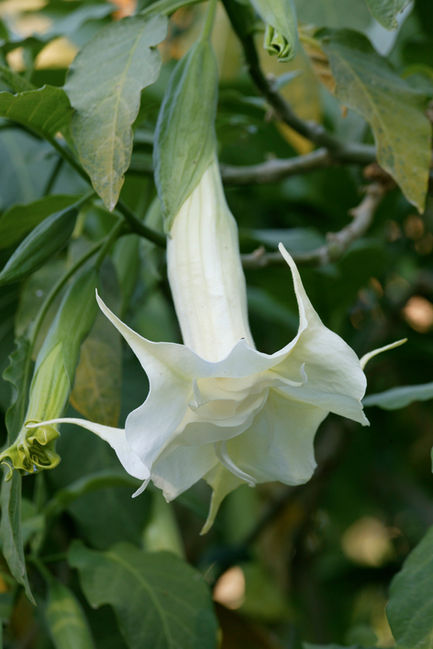
A PERFECTLY MANICURED WALLED GARDEN IN THE ITALIANATE TRADITION
Being the only non-Italian garden included in Grandi Giardini Italiani Association is no mean feat and certainly one we are proud of. Thanks to the late Baroness Christiane Ramsay Scicluna and her team of expert gardeners, the gardens have never looked better. Of all that she worked on throughout her 15-year tenure alongside her daughter Justine, the current Baroness, the gardens were her favourite part of the house. A kaleidoscope of colour and scent all year round, they are as varied as they are lush. Bring your favourite book and find a secluded bench or simply wander the cobbled pathways, discovering new spots and plants every time you visit.
GRANDI GIARDINI ITALIANI
We are delighted to be part of the renowned Grandi Giardini Italiani Association, which showcases the most celebrated gardens in and around Italy. This is how they described the Palazzo gardens, “an extraordinary complex of walls and gardens with the unusual trompe-l’oeil of the eighteenth-century Orangery, the fountains and enchanting plant arrangements created by Sicilian gardeners”.


THE ORANGERY AND GROTTO
Created by the Grand Master de Vilhena in 1733 and now a wonderful location for small-scale events, our Orangery was originally home to the lemon and orange trees that supplied the Palazzo with daily fruits. Today, the limestone and glass structure houses lush ferns and aromatic lilies, while the stone grotto, a folly chiselled at the same time, makes a decorative home for our garden’s grand watering system.

PLANTS OF THE PALAZZO
The scent of orange blossom, freesia, rose and bougainvillea hang in the air, while dahlias, lilies, irises and geraniums stud dark-leaved shrubs and hedgerows. Kapok trees flower in the autumn, while in winter citrus flourishes. By spring blossom is everywhere - hothouse flowers and ferns fill our Orangery and the family olive groves yield Palazzo Parisio cold-pressed extra virgin olive oil.

“God Almighty first planted a garden. And indeed, it is the purest of human pleasures.”
FRANCIS BACON


















